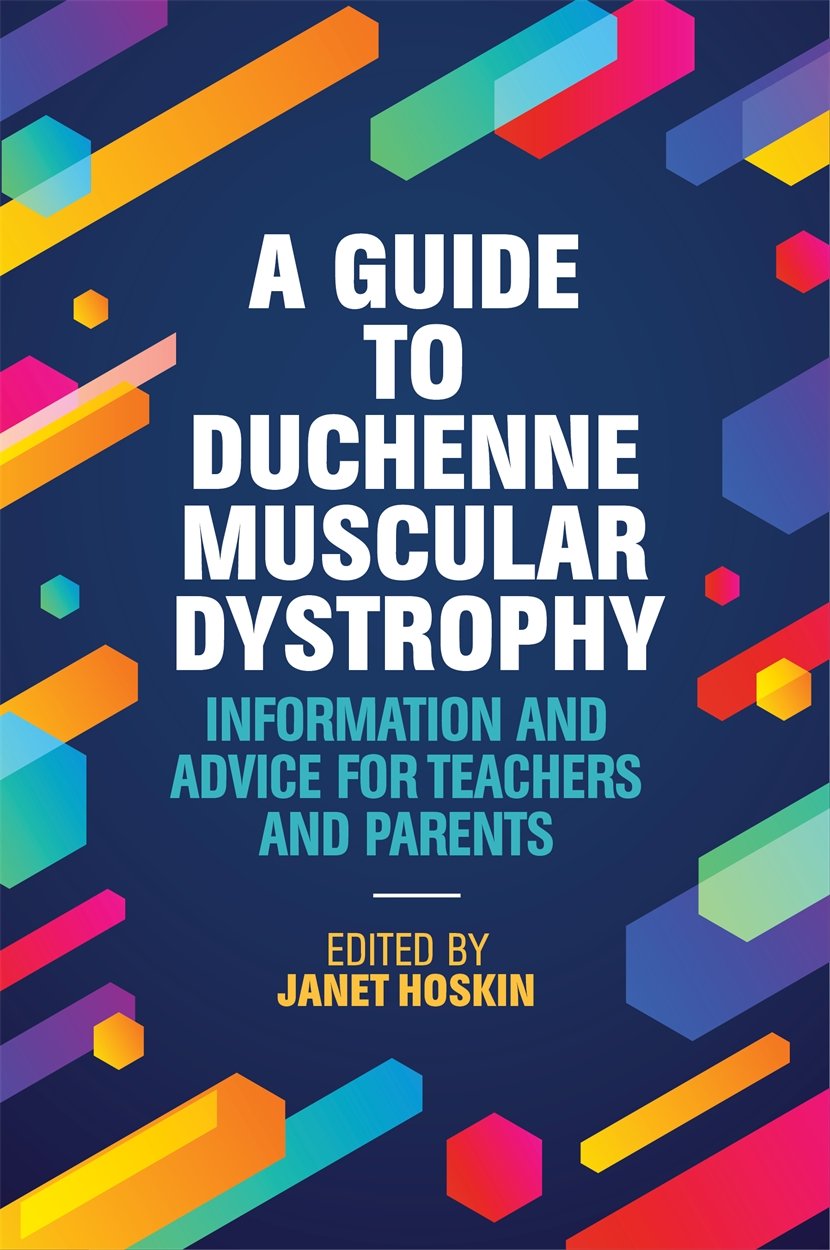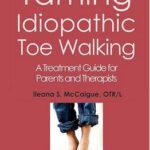
Relevance: Early signs of gait deviation in Duchenne muscular dystrophy
The prognosis for individuals with Duchenne Muscular Dystrophy (DMD) is improving, with some men with DMD living into their 30s and 40s. More vital than ever, this book helps teachers and parents to support children and young people with DMD with their education and transition into adulthood.
Leading experts on DMD explain Duchenne and its impact in easy-to-understand terms. Going beyond physical management, particular focus is put on learning and behavioural issues, including speech delay and difficulty learning to read, as well as common comorbid conditions, such as ADHD, autism and OCD. Raising aspirations, the book gives guidance on effective support in the classroom and advice on the transition to adulthood, employment and independent living.
This book will support young people with DMD and their families to find solutions ahead of problems, so that they can transition into adulthood with the best support possible, and make the most of all opportunities. Author: Tyran Hawthorn, Trustee of DMD Pathfinders
There is much to recommend this wide-ranging reference for the DMD community – from the importance of phonics mastery to job seeking. Author: Deborah Robins, parent and Muscular Dystrophy Queensland Ambassador
This truly is a go-to guide; written in such a clear format and with the breadth of important aspects of living with Duchenne. Following from Action Duchenne’s learning and behavioural toolkit, this will prove an invaluable resource to the community and complements the forthcoming updated standard of care guidelines. Very positive and inspirational, a must read for all. Author: Diana Ribeiro, Chief Executive Officer and Director of Research, Action Duchenne
This inspirational book goes ‘above and beyond’ the journey of the physical and medical challenges associated with Duchenne Muscular Dystrophy (DMD). Case studies that will touch your soul but inspire your heart. Offering refreshing, crisp, deeper perspectives supporting parents, teachers and clinicians; to focus on the individual person and not just their condition on their road to adulthood. Author: Christopher Wilson, Deputy Head Teacher, Wilson Stuart School (Special Academy for young people with physical disabilities and complex medical needs)
With medical interventions, boys with Duchenne are living into adult years. Traditionally, social and educational expectations have been lacking. This book will challenge your expectations as a parent or teacher. Encompassing neuro-developmental disorders associated with Duchenne, this book offers developmental recommendations for interventions, and empowers parents to successfully support boys into adulthood. Author: Michelle Pomeroy, Developmental Educator and mother of a boy with Duchenne
This book is long overdue and will be a welcome resource for parents, caregivers, teachers and patients with Duchenne Muscular Dystrophy. It provides a compass with which to navigate the world of Duchenne Muscular Dystrophy, giving patients and caregivers the tools they need to manage the emotional, behavioural and learning challenges that sit alongside the physical realities of DMD. I found the chapter on talking to your children especially helpful, as I am very often asked by families when is the “right time” to tell their children. This books shows that although there is no right time, there are ways of addressing these unbelievably difficult conversations that will help. And there is lots else in the book to give parents the hope that their children can shoot for the stars and create as Dr Jon Hastie so movingly describes, a “fantastic life”. Author: Emily Crossley, Co-Founder and Co-CEO, Duchenne UK and Mum to Eli with DMD
Our son, Fraser, is 17 and has DMD and ASD. He also has specific learning difficulties associated with Duchenne Muscular Dystrophy. I am sure that both parents and professionals would benefit greatly from this book. Many professionals who worked with Fraser in his early years, especially in mainstream educational settings, would have gained much from it. DMD is a rare condition and add to that the complications of behavioural and learning difficulties and there are few who have the skills and/or the will to go beyond the standard interventions. If they had had access to straightforward information about the issues and guidance on how to address them many difficulties would have been avoided. The book is a “go to” source of information, inspiration and signposting and will encourage parents to be more creative and assertive in trying to ensure their children have good lives. Author: Julia Carr, Gateshead










